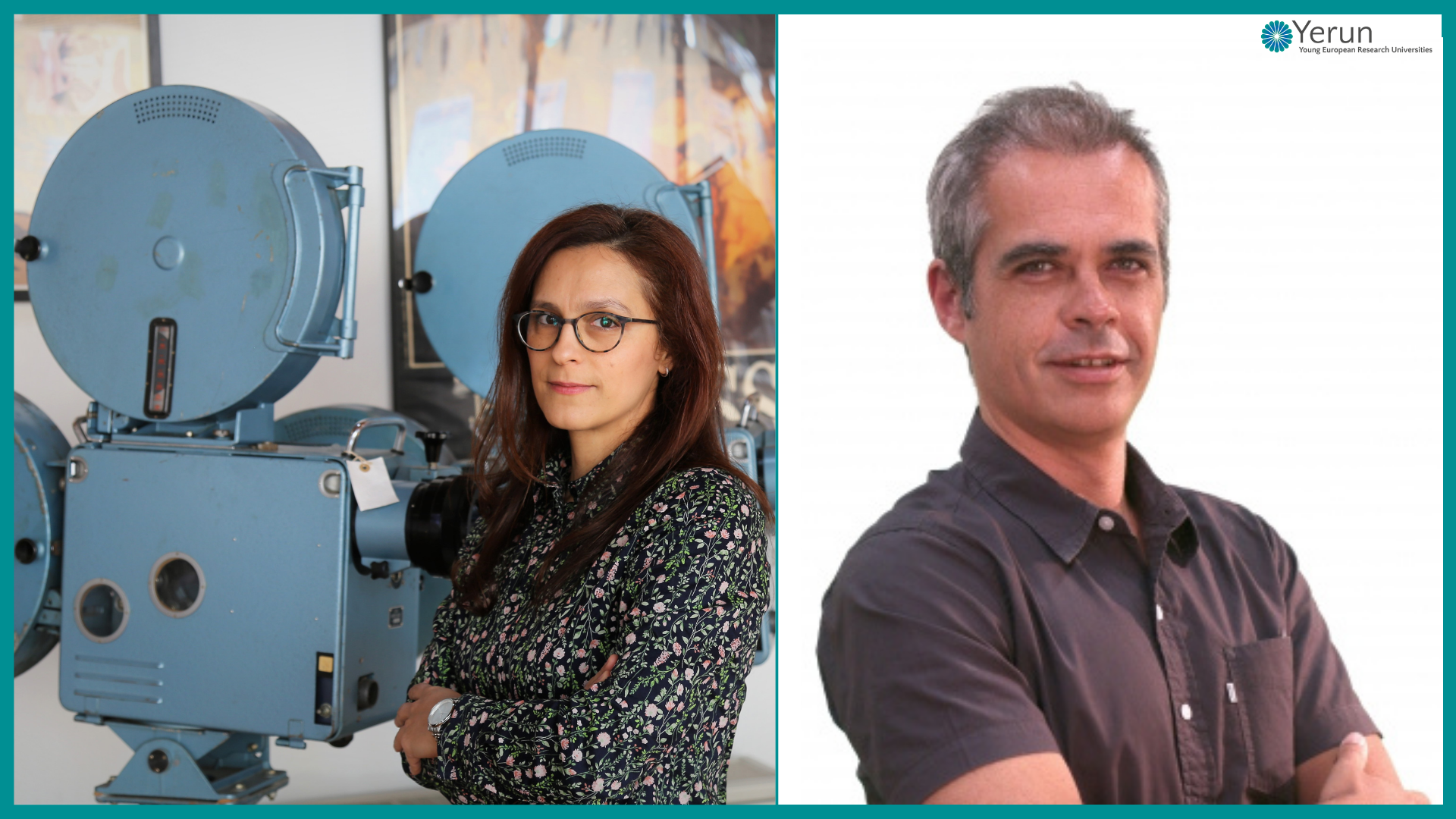Two members of the research staff of NOVA University Lisbon secured funding from the European Research Council (ERC Consolidation Grants 2022), which will be used for the further development of their research programs. These are:
Susana Viegas, researcher at IFILNOVA, from the School of Social Sciences and Humanities of NOVA University Lisbon (NOVA FCSH): The research project will explore the affinities between philosophy and cinema and seeks to bring together two distinct practices, but with a common interest in the theme of death, without which one would not have begun to philosophise and for which films show a special interest as a narrative and formal motif. To substantiate an emerging area of philosophical studies, such as Philosophy of Cinema, will be one of the main contributions of this project that seeks to understand the paradoxical situation in which we live: if on the one hand, we avoid thinking about death in our daily lives, we readily discuss the theme when it appears in films or television series. This is the first time that an ERC grant has been awarded to study the Philosophy of Cinema.
More information here.
.
Luís Pereira, professor of the NOVA School of Science and Technology | FCT NOVA at the Materials Science Department and researcher at CENIMAT: The project aims to create battery cell separators based on a cellulose nanocomposite, in an approach that favours the use of materials of natural origin and therefore a fundamental step to increase sustainability in the value chain of batteries, increasingly used in the current scenario. This is a Proof of Concept grant, awarded to a researcher already distinguished by an ERC grant, whose funding will serve to move from theory to practice: understand the feasibility of scientific concepts under development as well as explore business opportunities or prepare patent applications. In this case, the EXCELL grant follows on from the ERC-Starting Grant NEWFUN awarded in 2015 to Luís Pereira, where it was demonstrated that cellulose-based ionic conductive materials can be recycled and reused, while maintaining electrochemical performance.
More information here.










